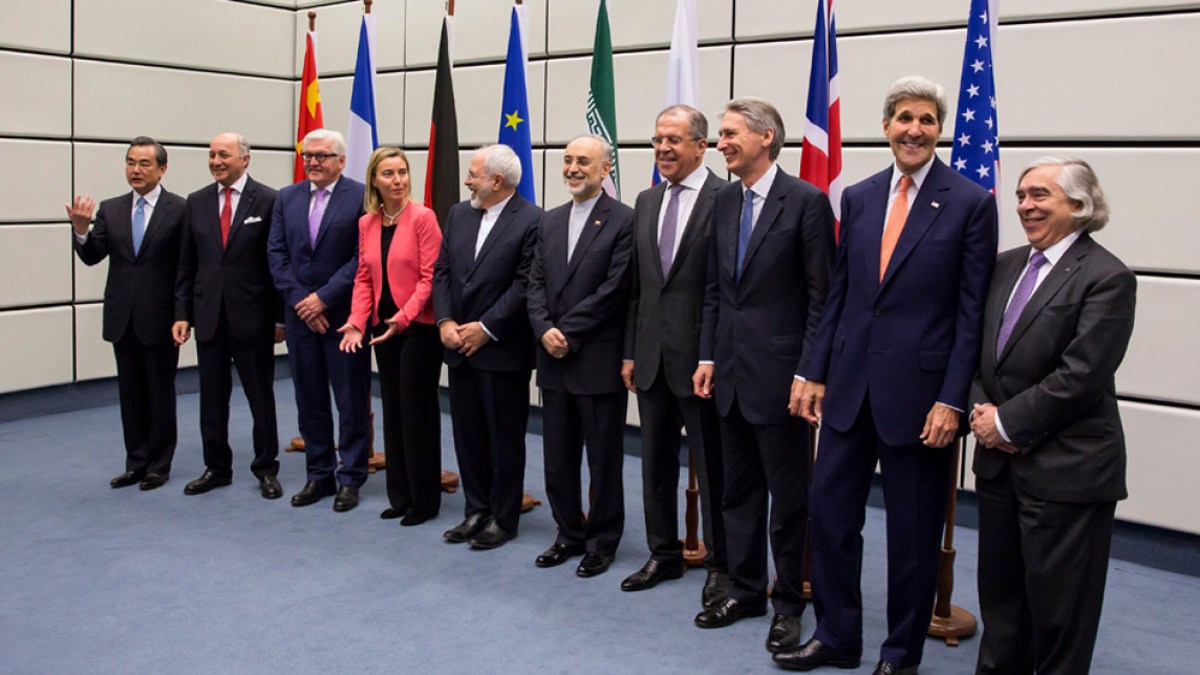
US President Donald Trump speaks during a White House Faith Office luncheon in the State Dining Room (Image: AFP via Getty Images)
Donald Trump has claimed Russian President Vladimir Putin sabotaged a Ukraine peace deal four times. But the US President also said he was pleased with the progress made to increase NATO defence spending.
Speaking in a frank interview with the BBC’s Gary O’Donoghue, Mr Trump said he had been close to brokering a ceasefire on multiple occasions, only for fresh Russian attacks to derail progress each time. The White House had contacted the BBC minutes before the conversation to say Mr Trump was ready to speak - underscoring the urgency he appeared to attach to the issue.

Russian President Vladimir Putin (Image: Getty)
Mr Trump said: "I’m disappointed—I’m not done with him, but I’m disappointed in him. We had a deal done four times, and then you go home and you see just attacked a nursing home or something in Kyiv. I said: 'What the hell was that all about?'"
Pressed on whether he trusted the Russian leader, Mr Trump paused for several seconds before replying: “I trust almost nobody.”
The comments offer one of the clearest insights yet into the behind-the-scenes efforts by the White House to end the war since Mr Trump returned to office.
He has repeatedly vowed to bring the conflict to a swift close, claiming he could secure peace "within 24 hours" if both sides came to the table.
Despite growing pressure from European allies and hawkish voices in Washington to take a harder line against Moscow, Mr Trump has continued to present himself as a dealmaker capable of stopping the bloodshed. But his latest remarks make clear he sees Mr Putin - not Ukraine - as the main obstacle to a ceasefire.
Turning to NATO, Mr Trump praised what he called an "amazing deal" to increase defence spending among member states to 5% of GDP. "It amounts to almost a trillion dollars," he said.
He also took credit for transforming the alliance, which he once called "obsolete". Now, he insisted, NATO was "the opposite of obsolete."
He added: "I do think it was very unfair because the USA was paying for almost 100% of it, but now they are paying their own bills and I think that’s much better."

 9 hours ago
1
9 hours ago
1










 English (US) ·
English (US) ·